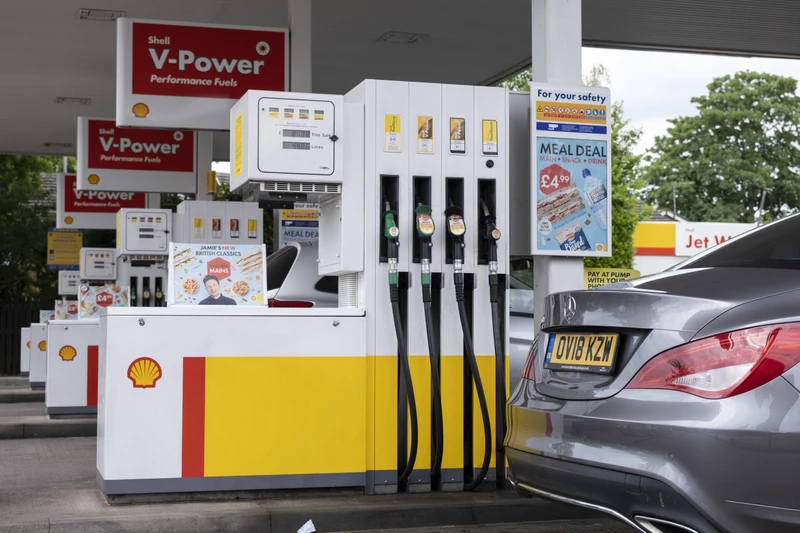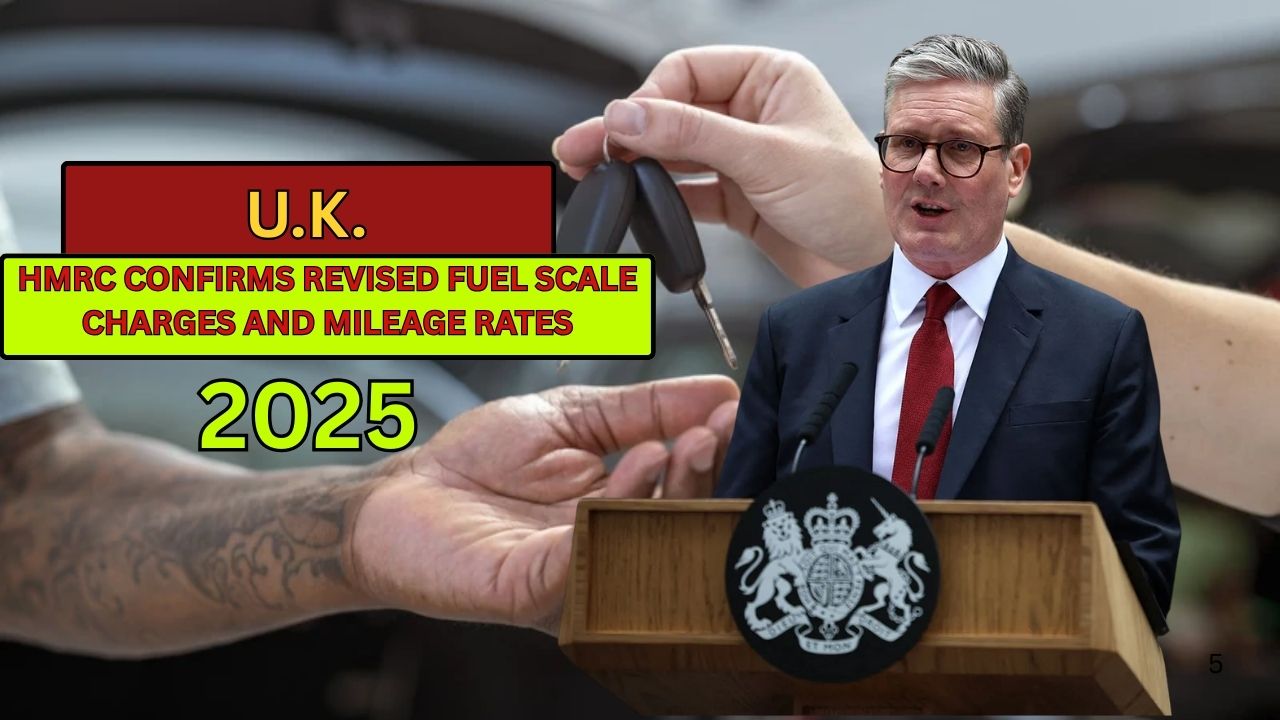From May 2025, UK drivers and businesses must adapt to several important changes in driving laws and tax policies. These changes, rolled out by HMRC and other government authorities, affect fuel reimbursements, vehicle taxation, car finance agreements, and more. Whether you’re a private motorist or operate a company fleet, staying updated is critical to avoid penalties and unexpected costs.
HMRC’s New Fuel VAT Rules Take Effect from May 1, 2025
HM Revenue & Customs (HMRC) has officially introduced updated VAT road fuel scale charges starting May 1, 2025. These charges help businesses calculate VAT owed on fuel used for private mileage in company vehicles. The charges vary based on CO₂ emissions and the business’s VAT accounting period (monthly, quarterly, or annually).
The new rates are notably £140 lower than the previous 2024–2025 figures, offering slight relief for firms managing fuel reimbursements.
HMRC has also updated its Advisory Fuel Rates for company car drivers from March 1, 2025. For example:
- Petrol cars with engines 1,401cc to 2,000cc: now reimbursed at 15p per mile, up from 14p.
Car Finance Scandal: Redress Could Cost Billions
One of the most talked-about automotive issues this year is the car finance mis-selling scandal under investigation by the Financial Conduct Authority (FCA). At the heart of the issue are Discretionary Commission Arrangements (DCAs), where dealers were incentivized to raise interest rates on car loans without informing customers.
The FCA halted complaints processing until September 2024 while a Supreme Court ruling is awaited. Within six weeks of that ruling, the FCA will decide whether to order an industry-wide compensation scheme.
Banks are already preparing:
- Lloyds Banking Group has set aside £1.2 billion
- Santander UK has allocated £295 million
Estimates suggest that up to £16 billion could be paid in redress.

Double-Cab Pick-Up Trucks Reclassified as Cars
Starting April 6, 2025, popular double-cab pick-up trucks like the Ford Ranger or Toyota Hilux will no longer be treated as vans for tax purposes. They’ll now be taxed as company cars, meaning taxation is based on carbon emissions rather than a fixed rate.
This could add over £7,000 annually to the tax bills of some users.
Other Important Driving Law Updates in 2025
1. EVs Lose Tax Exemptions
From April 1, 2025, electric vehicles (EVs) will no longer be exempt from Vehicle Excise Duty (VED):
- First-year VED: £10
- Ongoing annual VED: £195
- EVs over £40,000: Additional £410/year for five years
2. Congestion Charge Applies to EVs
From December 25, 2025, all vehicles — including EVs — must pay the £15 daily London Congestion Charge.
3. New EV Charging Regulations
From 2025, EV charging stations must meet government standards for accessibility and reliability. Fines up to £10,000 per charger will apply for non-compliance.
Final Thoughts
May 2025 marks a major transition for UK drivers and companies alike. From fuel VAT changes to a potential multi-billion-pound compensation scheme, understanding these developments is essential. Stay informed and consult official government sources to remain compliant and avoid penalties.
This article has been carefully fact-checked by our editorial team to ensure accuracy and eliminate any misleading information. We are committed to maintaining the highest standards of integrity in our content.

Outside of work, he enjoys playing chess, following cricket, and writing short stories. His commitment to integrity and in-depth analysis strengthens OTE News’ mission of providing trustworthy journalism.




